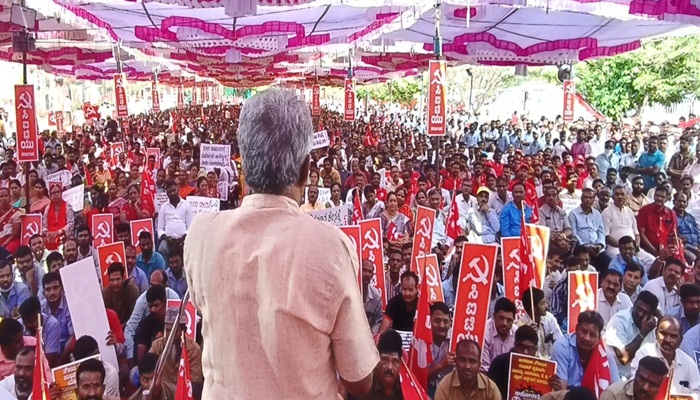For millions in India’s heartland, the first salary is more than a paycheck—it’s an emotional milestone. A rite of passage that symbolises independence, responsibility, and the collective journey of a family. Bharat Lab’s report decodes how young earners in ‘Bharat’ use their first earnings, and what it reveals is a blend of cultural values, emerging financial maturity, and a subtle shift in traditional roles.
The largest share of spending—38.8 per cent—was devoted to buying gifts. This wasn’t out of impulse, but gratitude. From jewellery for mothers to gadgets for siblings, these purchases are symbolic thank-yous to those who supported the journey. In Bharat, this act of giving is not just spending but storytelling—marking the beginning of shared success.
A notable 24.5 per cent of first salaries went into savings. Whether it was to build an emergency fund, prepare for further education, or support family in difficult times, this financial behaviour signals a growing awareness of long-term planning. This is particularly significant in small towns where traditional financial education is being reshaped by digital content and fintech access.
Donations and Duties: Giving Back to Society
Surprisingly, 20.4 per cent of the earnings were donated to religious institutions, NGOs, or directly to those in need. The stereotype of self-centred youth is challenged here—Bharat’s young earners are showing they understand and value community upliftment and shared prosperity.
About 12.2 per cent was spent on household expenses—groceries, fans, utility bills—marking the first tangible contribution to family upkeep. An additional 4.1 per cent was spent specifically on parents, often on small but meaningful tokens. These modest figures carry deep emotional weight, especially for families where every rupee is accounted for.
One in three women surveyed spent their first salary on gold—an act steeped in both tradition and financial foresight. In Bharat, gold remains more than jewellery; it is a marker of status, safety, and cultural continuity.
The study reveals that 61.7 per cent spent their salary in alignment with family expectations. Most notably, 44.6 per cent informed their mothers first about their earnings, followed by fathers (28.6 per cent), spouses (16.1 per cent), and siblings (10.7 per cent). This pattern reinforces the emotional depth of familial bonds and the cultural centrality of mothers as emotional anchors.
The Gender Lens: A New Narrative
Among women, a resounding 88.5 per cent associated their first salary with independence—a break from past generations that often viewed it as a household contribution. In contrast, 41.2 per cent of men felt a dual burden: independence coupled with the responsibility to provide.
Women also outpaced men in both saving and giving—50 per cent saved versus 32.3 per cent of men, and 41.6 per cent donated compared to 27.7 per cent. This shift suggests that young women in Bharat are becoming powerful agents of financial prudence and social responsibility.
Though 88.3 per cent of respondents said their first salary was enough to cover essential expenses, 11.7 per cent struggled—pointing to inflation, rising costs in urbanising towns, and the urgent need for better entry-level compensation and financial literacy.
Bharat Lab’s findings highlight key areas of opportunity. For policymakers: adjust salary benchmarks to reflect real-world costs. For fintechs and educators: offer more flexible, relatable investment tools. For brands: tap into this emotionally rich moment to connect with consumers on values like family, responsibility, and celebration.




















